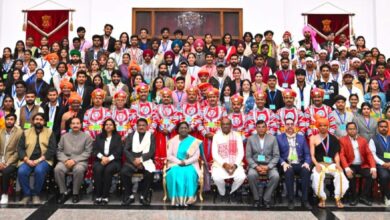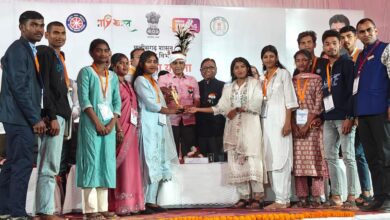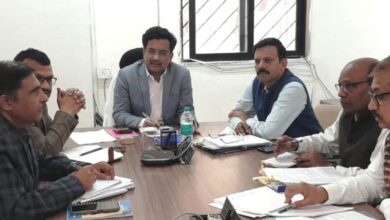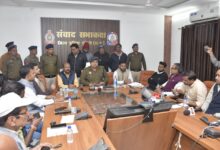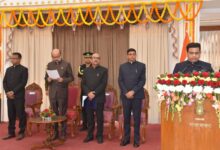Big jump in formalization of MSME, 5 crore registered with Modi govt

NEW DELHI : Addressing the 10th edition of ‘FICCI CMSME National Conference 2024’, Dr Rajneesh, Additional Secretary and Development Commissioner (MSME), Ministry of MSME, Govt of India today said that government has bridged a large gap in formalization of MSMEs in the last few years. He added that many MSMEs need to register with the government, and it was estimated that there were around 6.5-7 crore MSMEs in India economy and only 1.63 crore MSMEs were registered till last year with the government. “The government started concerted drive jointly with state governments and industry associations. As on date, the total number of registered MSMEs with the ministry in more than 1 year has increased from 1.65 crore to 5 crore bridging the large formalization gap,” he noted.
Dr Rajneesh also said that government has bridged the credit gap for MSMEs in last few years. He stated that it is not just about the quantum of credit or funds which are available, but it is also a question of the cost of credit. He added that the Ministry works on these two lines and to bridge the credit gap, the ‘Credit Guarantee Trust for Micro and Small Enterprises’ (CGTMSE) is a body which is providing credit guarantees for MSMEs and helps in collateral free loans for MSMEs. “In a span of 22 years the cumulative credit guarantees extended by CGTMSE amount was 2.6 lakh crores. But in last 2 years, we have been able to give credit guarantees worth of Rs 4 lakh crore and in the next 2 years we intend to ramp it up to another Rs 5 lakh crore,” he noted.
Read More : India Poised to Lead Global Technical Textile Market: Giriraj
India is an aspirational country and aims to become an advanced economy. “The core of this aspiration is to take the development and the fruits of development to all sections within the economic sector. MSME is an important sector which is critical to the development and growth of India,” he added.
Dr Rajneesh said that if we look at the recent economic growth phase, it is the resilience of the Indian economy which has played critical role. He further stated that MSMEs contribute around 30 per cent to national GDP; 36 per cent to Indian manufacturing, around 44 per cent to Indian exports along with providing 21 crore employment opportunities. “After agriculture, MSMEs are the largest employer in the economy. MSMEs are a part of the story of India’s economic resilience,” he emphasized.
Mr Chakravarthy T. Kannan, Secretary General, Quality Council of India (QCI) said that if India needs to be future ready then we also need to have several enablers including AI and innovation in order to help MSMEs build a strong future ready capability. He further added that there is a need to work on building a quality interface called ‘Universal Quality Interface’, like UPI, to support the decision-making process of OEMs based on the ZED progression. “ONDC is getting reconstituted, and we are also collaborating with them on how ONDC can become a platform for MSMEs with quality guarantee. Indian MSMEs are poised to grow multi-fold and QCI is eager to participate with the industry to be a part of the journey to Viksit Bharat,” he added.
Mr Girish Luthra, President, FICCI-CMSME and Chairman, Luthra Group of Companies and Green Gene Enviro and Infrastructure Ltd stressed on bringing the Japanese quality circles for all the MSMEs in the country.
Mr Sanjay Bhatia, Past President, FICCI CMSME and MD, Hindustan Tin Works Ltd said that with the rapid pace of technological advancements, changing dynamics and evolving consumer, FICCI CMSME forum is important in shaping the future of MSMEs. “The path forward of Indian MSME aligns with promoting innovation, fostering inclusivity and driving sustainability,” he added.
Ms Harjinder Kaur Talwar, Vice President, FICCI-CMSME and MD & CEO, Comvision India P Ltd said, “MSMEs need better access to technology, finance, skills and markets. Strong supportive policies are essential and if MSMEs embrace digital solutions, focus on quality and follow regulations, they can compete globally. If we involve more women-led businesses in providing services to the government, we can reach our goal of Viksit Bharat much faster.”

